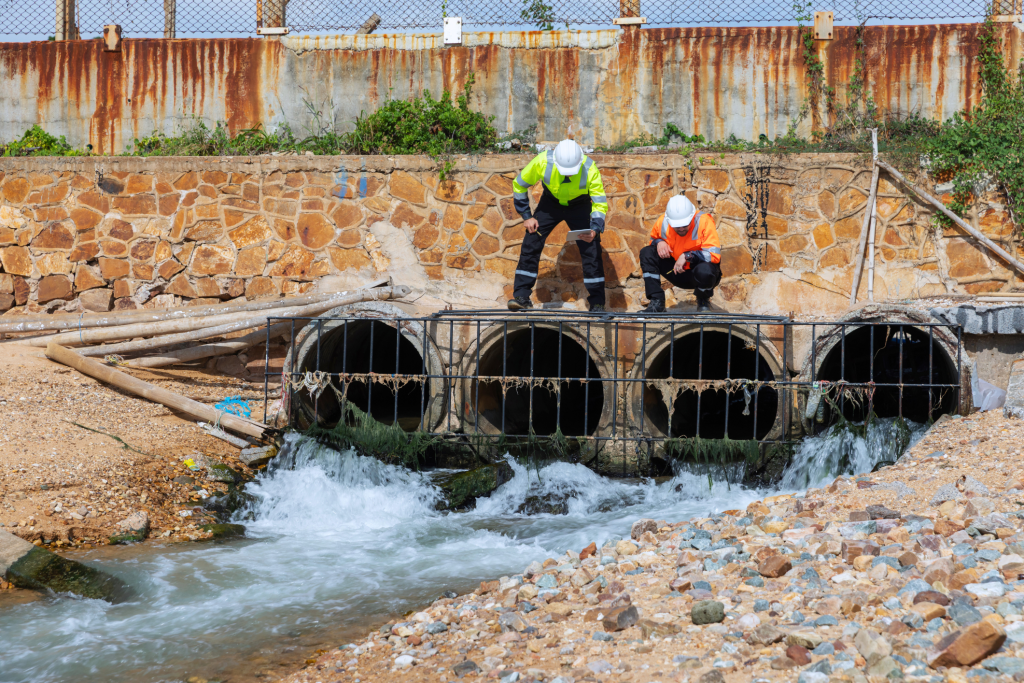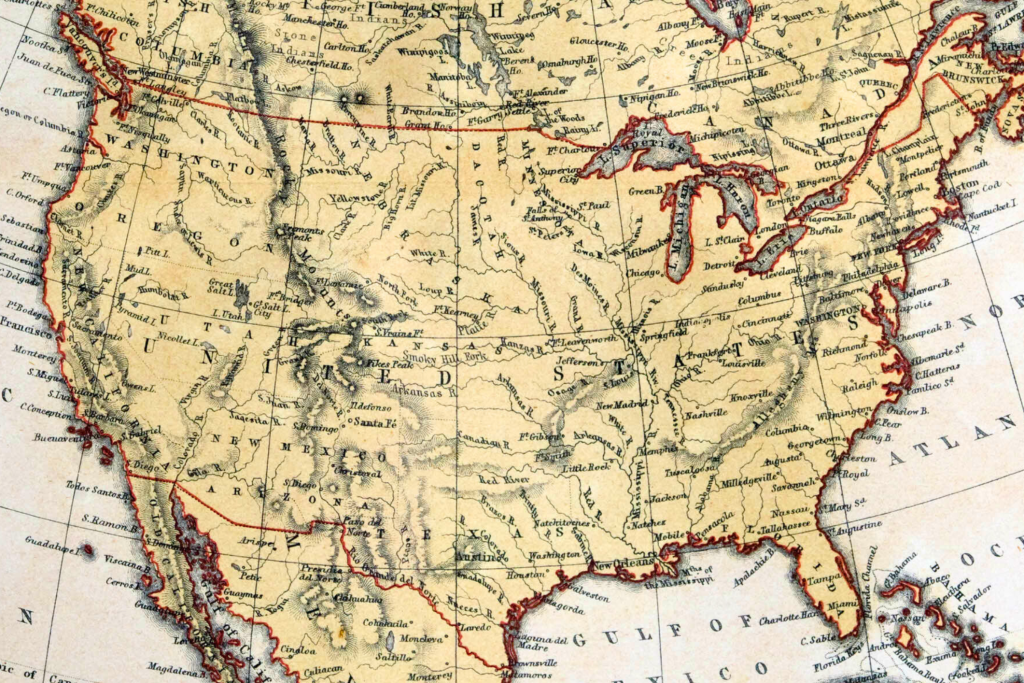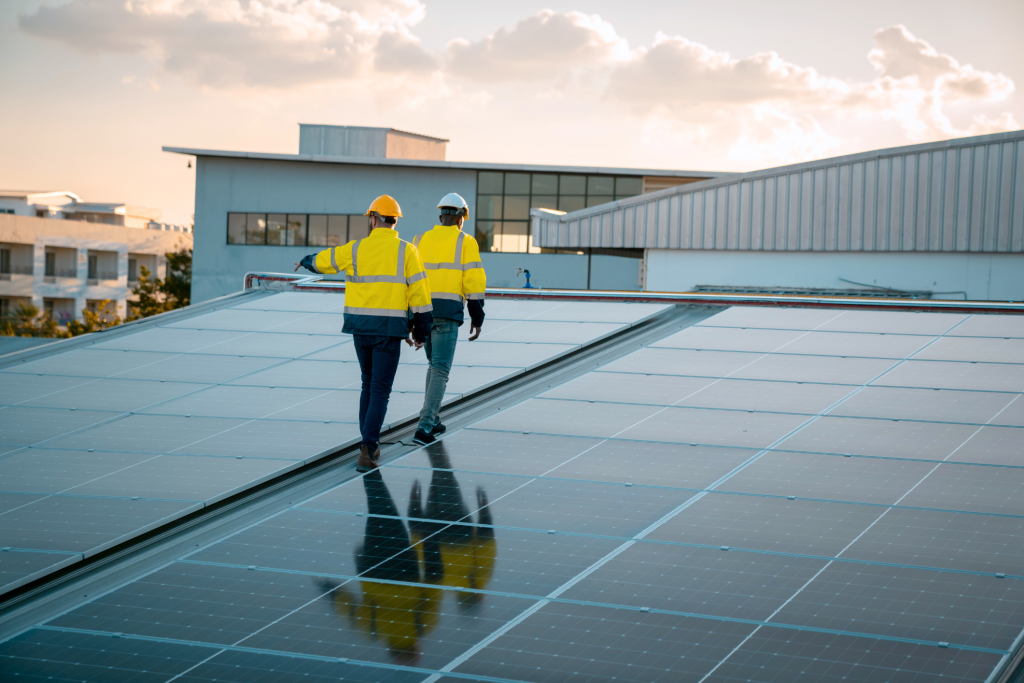Our Work
Publications
Use the filters below to view our work by our various research areas.
January 2026
Considering the impact of AI on electricity bills, data centers in the Northeast could be part of the problem. Across the country, from Ohio to New Jersey, electricity prices are spiking [2, 3]. It’s a tangible financial pain, costing $122 more per month for the average household’s total utility costs compared to 2020 [1], adding […]
January 2026
Major storms, such as Hurricane Sandy, which destroyed or damaged 346,000 structures across New Jersey in 2012, lead to significant economic losses and disruptions to the state’s tourism industry. Sand dunes are an effective solution for protecting coastal New Jersey municipalities from rising sea levels, beach erosion, and storm damage. As such, dune width and […]
November 2025
Digital/Tech • Economics • Education • Environment • Health • Housing • Public Administration • Transportation • Women, Children, & Families
As New Jersey prepares to elect our next governor tomorrow, November 4th, the months ahead offer a pivotal opportunity to chart a path toward a more innovative and resilient state. To help inform this transition, the New Jersey State Policy Lab invited affiliated faculty and staff to identify the most pressing priorities for the next […]
October 2025
Over the past several years, Governor Phil Murphy’s administration has instituted several nationally innovative environmental justice initiatives. In 2018, early in his first administration, Governor Murphy issued Executive Order No. 23 (E.O. 23), which acknowledged that “historically, New Jersey’s low-income communities and communities of color have been exposed to disproportionately high and unacceptably dangerous levels […]
September 2025
On Wednesday, September 1, 2021, heavy rain from Tropical Storm Ida caused the Elizabeth River in New Jersey to overflow its banks. Elizabeth’s largest source of low-income housing, the Oakwood Plaza Apartment complex, adjacent to the river, was flooded with up to ten feet of water, trapping many residents in their ground-floor apartments. Four people […]
September 2025
In the face of escalating climate instability, eroding soil, and economic precarity, the integration of regenerative practices into agricultural systems is emerging as a vital model for ensuring agriculture’s continued viability. Thanks to financial support from the New Jersey State Policy Lab and a collaboration with the Organic and Regenerative Farming Board of New Jersey, […]
August 2025
Decades of research show a clear pattern that waste services are not always distributed equally amongst states, municipalities, townships, and even residents. Robert Bullard’s Dumping in Dixie first exposed the history of how landfills and waste facilities were often placed near Black communities in the U.S., not by accident, but through discriminatory zoning and political […]
July 2025
Throughout most of the United States, wastewater and stormwater flow through separate pipes. Wastewater is directed to a sewage treatment plant, and stormwater flows to local waterways. In a combined sewer system, stormwater and wastewater share the same pipes. During dry or moderately wet weather, the system transports this combined flow to a sewage treatment […]
July 2025
The Scientists in State Politics Database is a detailed, publicly accessible inventory of state legislators across the United States with educational or professional backgrounds in science, engineering, or healthcare, hosted by the Eagleton Institute of Politics with support from the New Jersey State Policy Lab. The database helps users identify these legislators, explore their areas […]
July 2025
As conversations about climate resilience and food security have intensified, we began developing a proposal in late 2024 to examine how regenerative farmers are adapting to economic, environmental, and market disruptions across New Jersey. We planned to deploy a statewide survey, designed in consultation with the Rutgers Cooperative Extension, that would capture insights on local […]
June 2025
Our project to create a dataset of historical water bodies in New Jersey began by finding maps of historical water bodies. Two atlases were used to locate historical water bodies in New Jersey. The first was Atlas of the Metropolitan District and adjacent country comprising the counties of New York, Kings, Richmond, Westchester and part […]
May 2025
Property Assessed Clean Energy (PACE) programs provide a financing solution for energy efficiency upgrades using special property tax assessments. This approach tackles the significant barrier of high upfront costs that can prevent property owners from implementing clean energy improvements. Special assessments are established municipal financing tools traditionally used for public infrastructure. These assessments are “special” […]












